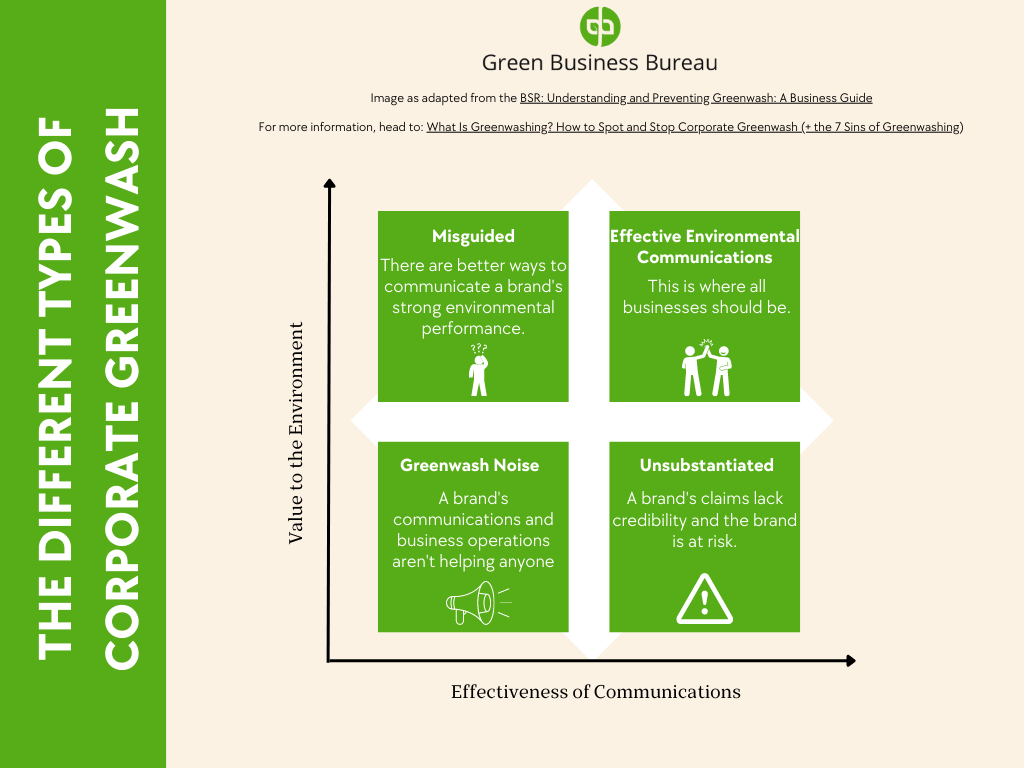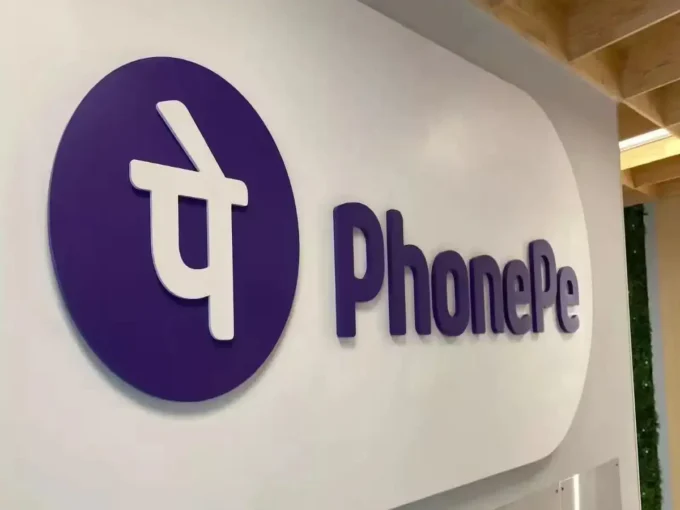Across Nigeria, the sugar-sweetened beverage (SSB) industry often presents itself as a champion of environmental responsibility, sponsoring beach cleanups, community recycling drives, and other photo-ready “green” initiatives. Smiling volunteers in branded T-shirts collecting plastic bottles make for great headlines and social media buzz.
But beneath the polished image lies an inconvenient truth: the same corporations touting environmental stewardship are among the biggest contributors to plastic pollution and rising health problems worldwide.
Nigeria ranks ninth globally in plastic pollution, producing an estimated 2.5 million tonnes of plastic waste annually, with a staggering 88% left unrecycled. In Lagos alone, about 870,000 tonnes of plastic waste are generated each year more than half of which flows into the Atlantic Ocean. A large proportion comes from single-use plastics, particularly the billions of polyethylene terephthalate (PET) bottles churned out by beverage manufacturers.
Globally, major soda producers continue to dominate the list of top plastic polluters. Studies have shown that in 2018 alone, between 21 and 34 billion plastic bottles ended up in the oceans — translating to over 1.1 million metric tonnes of beverage-related waste contaminating marine ecosystems.
Rather than taking full responsibility for the damage, many beverage companies shift the blame onto consumers, accusing them of “littering” and “improper disposal.” Meanwhile, Nigeria’s recycling ecosystem remains weak, underfunded, and overly centralised, making it nearly impossible for consumers to effectively manage plastic waste even if they wanted to.
To address this, the government has pledged to increase recycled PET content to 25% by 2029 under the Extended Producer Responsibility (EPR) policy. While the framework is a step in the right direction, its implementation remains inconsistent. Most recycling plants are concentrated in major cities, leaving vast rural areas without access to waste collection or processing facilities.
France’s experience demonstrates what success can look like — the country recycles 67% of household packaging through strict regulations, robust oversight, and a well-coordinated infrastructure. For Nigeria, replicating this model would require political will, investment, and consistent monitoring.
Beyond environmental concerns, the beverage industry’s harm extends to public health. Sugar-sweetened drinks are directly linked to obesity, diabetes, and heart disease — illnesses that now account for nearly 29% of deaths in Nigeria. Yet, the country’s current SSB tax stands at just ₦10 per litre, among the lowest in the world.
Evidence from countries like Mexico, Chile, and South Africa shows that higher taxes on sugary drinks reduce consumption, encourage reformulation, and save healthcare costs in the long run. Similarly, enforcing EPR laws can push manufacturers toward genuinely sustainable packaging and responsible production.
If Nigeria truly aims to safeguard both its citizens and the environment, it must strengthen its regulatory framework, expand recycling capacity, and compel corporations to take accountability beyond marketing slogans.
Until that happens, the beverage industry’s so-called “green” campaigns will remain little more than sophisticated public relations exercises concealing pollution, health risks, and unsustainable practices beneath the glossy veneer of environmental concern.
Ukeaja is a Healthy Food Advocate and Industry Monitoring Officer at Corporate Accountability and Public Participation Africa (CAPPA).














Leave a comment